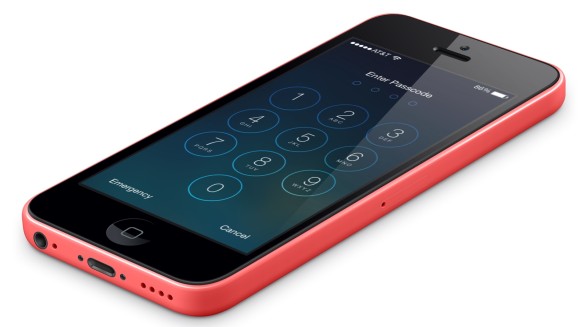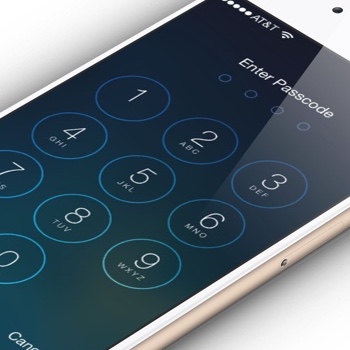On Thursday, prosecutors filed a new motion, seeking to force Apple to crack the security measures in place on an iPhone 5c used by one of the San Bernardino shooters. In the request, the government reiterates that the original order was a “modest” request that would not result in a universal “master key” and rebuts many of the legal arguments that Apple has put forth.

“The government and the community need to know what is on the terrorist’s phone, and the government needs Apple’s assistance to find out,” the filing argues. “Apple’s rhetoric is not only false, but also corrosive of the very institutions that are best able to safeguard our liberty and our rights.”
The motion was the third in a series that seeks to compel Apple to assist the FBI in unlocking the iPhone in question. The earlier filings came on February 16 and 19, and detailed the technical method the FBI says could be used to break the device’s passcode protection, via a custom firmware that Apple would be required to create.
Apple has previously argued that such a compelled action was forbidden by congress in the 994’s Communications Assistance to Law Enforcement Act. However, prosecutors on Thursday pushed back, quoting a Supreme Court ruling in US v. Craft, which reads:
Failed legislative proposals are a particularly dangerous ground on which to rest an interpretation of a prior statute, reasoning that congressional inaction lacks persuasive significance because several equally tenable inferences may be drawn from such inaction, including the inference that the existing legislation already incorporated the offered change.
The government also reiterated its position that the proposed custom firmware would not pose a broader threat to the security of iPhone users everywhere, saying there is no reason to think the code will ever leave Apple’s possession. “Nothing in the Order requires Apple to provide that code to the government or to explain to the government how it works,” the filing argues. “Far from being a master key, the software simply disarms a booby trap affixed to one door.”
Apple general counsel Bruce Sewell responded to the brief, describing it as “hostile,” and that it shows just how desperate the Department of Justice must be. “I don’t think I’ve ever seen a legal brief more intended to smear the other side,” said Sewell in a call with reporters. “To do this in a brief just shows the desperation that the Department of Justice is now feeling.”
The case will continue to be fought in the court of public opinion, until the actual March 22nd court date, where both sides will argue their cases before an actual judge. Stay tuned.


